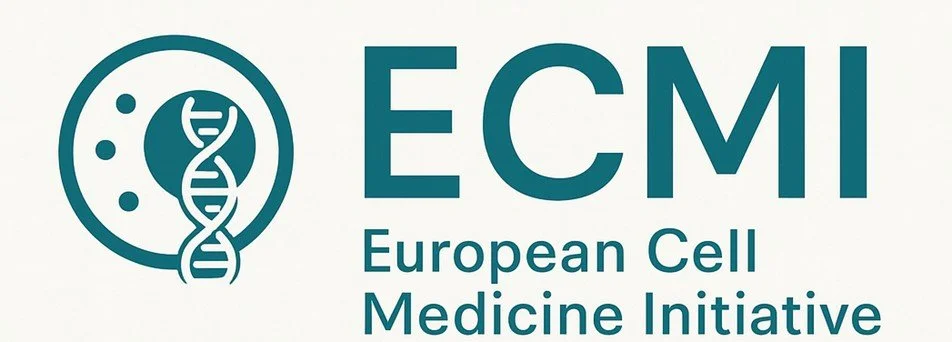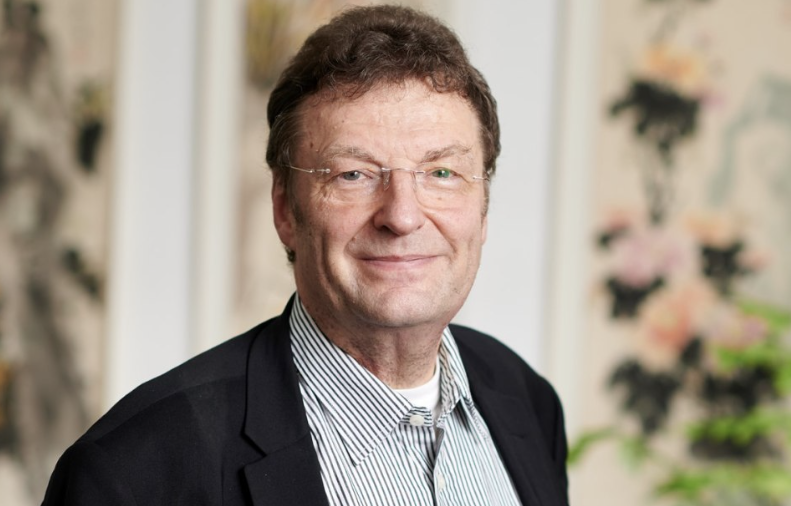Director
Prof. Dr. Dr. Jürgen Hescheler
Prof. Hescheler served as Director of the Institute for Neurophysiology at the University of Cologne from 1994 to 2025. With over 23 years of experience in stem cell research, he began his scientific journey investigating cellular signal transduction, where he laid the groundwork for both basic science and clinical applications.
He was the first researcher worldwide to conduct electrophysiological studies on stem cells and was the first to functionally characterize cardiomyocytes derived from embryonic stem cells. These pioneering efforts helped establish the foundation of stem cell research in transplantation medicine.
In 2002, Prof. Hescheler became the first scientist in Germany to receive official approval to work with human embryonic stem cells. His research has since expanded to include embryonic and adult stem cells, as well as induced pluripotent stem cells (iPSCs).
He has coordinated several major European research consortia, including:
FunGenES (Functional Genomics of Engineered Embryonic Stem Cells)
CRYSTAL (Cryobanking of Stem Cells for Human Therapeutic Application)
ESNATS (Embryonic Stem Cell-Based Novel Alternative Testing Strategies)
DETECTIVE (Detection of Endpoints and Biomarkers of Repeated Dose Toxicity Using In Vitro Systems)
He also leads the BMBF consortium “iPS and Adult Bone Marrow Cells for Cardiac Repair.”
In 2004, he founded the German Society for Stem Cell Research (GSZ) and has chaired it ever since.
Co-Directors
Prof. Dr. K. Nayernia
Professor Dr. Karim Nayernia is an internationally renowned Iranian-German biomedical scientist and a leading expert in stem cell biology and personalized medicine. He is best known for being the first to isolate a novel type of adult stem cell from mouse testes—multipotent adult germline stem cells (maGSCs)—which were shown to differentiate into heart, brain, muscle, and other cell types, laying the groundwork for future regenerative therapies. In 2009, he successfully created human sperm-like cells from stem cells, following earlier work using stem cell-derived sperm to produce live offspring in mice.
In 2010, he discovered a new molecular marker for breast cancer stem cells, advancing diagnostic and therapeutic possibilities. He is the founder of the P7MEDICINE model, a comprehensive vision for future healthcare based on predictive, preventive, precision, and personalized approaches, including AI-driven diagnostics and individualized patient care. Prof. Nayernia earned his PhD at the University of Göttingen (1993), completed his habilitation in molecular human genetics in 2003, and held a professorship at Newcastle University’s Institute of Human Genetics from 2006.
He currently serves as Director of the International Center for Personalized Medicine (ICPM) in Düsseldorf, Germany, and of the International Stem Cell Academy, while also leading the European Center for Personalized Medicine (ECPM), where his work focuses on gene and cell therapy, personalized diagnostics, and the global education of future scientists in regenerative medicine.
Prof. Dr. med. Uwe Nixdorff
Prof. Dr. Uwe Nixdorff studied medicine at Goethe University Frankfurt from 1978 to 1985 and received his doctorate with an experimental study on the effects of coronary vasodilators. Following a brief clinical position at the German Heart Center in Munich, he completed his specialization in internal medicine and cardiology at the University of Mainz. In 1988 and 1989, he pursued several research fellowships in the United States, including at Michael Reese Hospital in Chicago, the University of Virginia School of Medicine, and Massachusetts General Hospital at Harvard Medical School.
He continued academic and clinical work at the University Hospital in Mainz until 1998, after which he became a senior physician at the University of Erlangen-Nuremberg (1998–2004), where he was appointed adjunct professor in 2008. In 2005, he founded the European Prevention Center (EPC GmbH), with locations in Munich, Berlin, and later Düsseldorf.
From 2007 onward, he has operated a private cardiology practice, currently based in Düsseldorf. Between 2010 and 2016, he also served as guest professor—and from 2015 to 2016 as scientific director—of the Master’s program in Preventive Medicine at Dresden International University. Today, he serves as Director of the European Center for Personalized Medicine (ECPM) in Düsseldorf, Germany, where he focuses on integrative strategies in cardiovascular prevention and individualized diagnostics.




